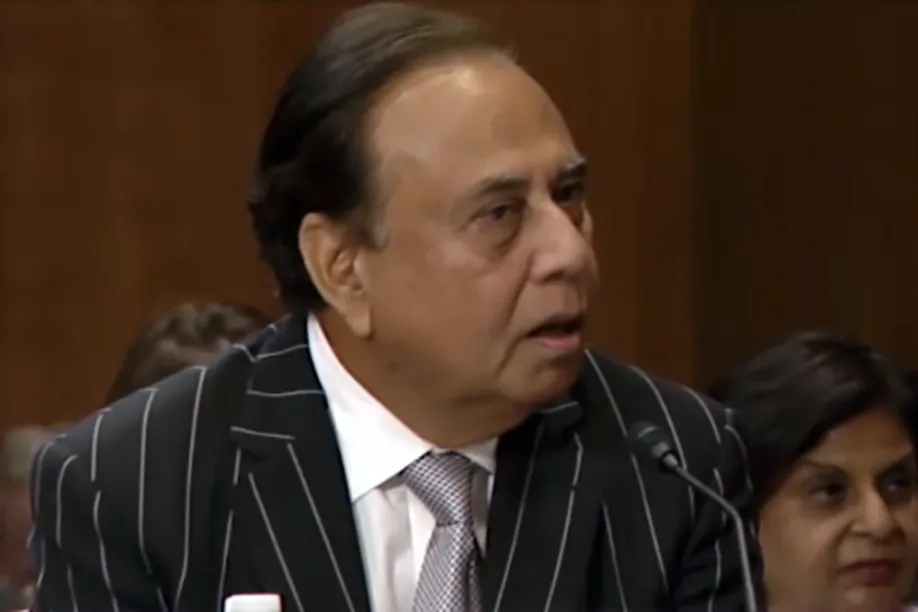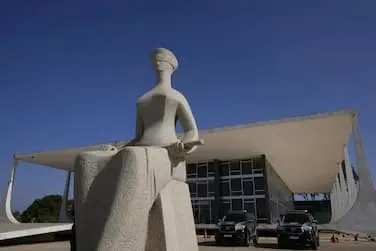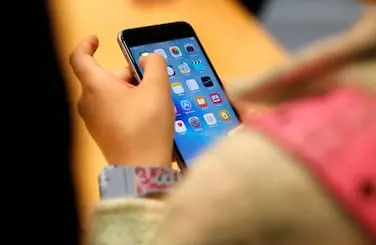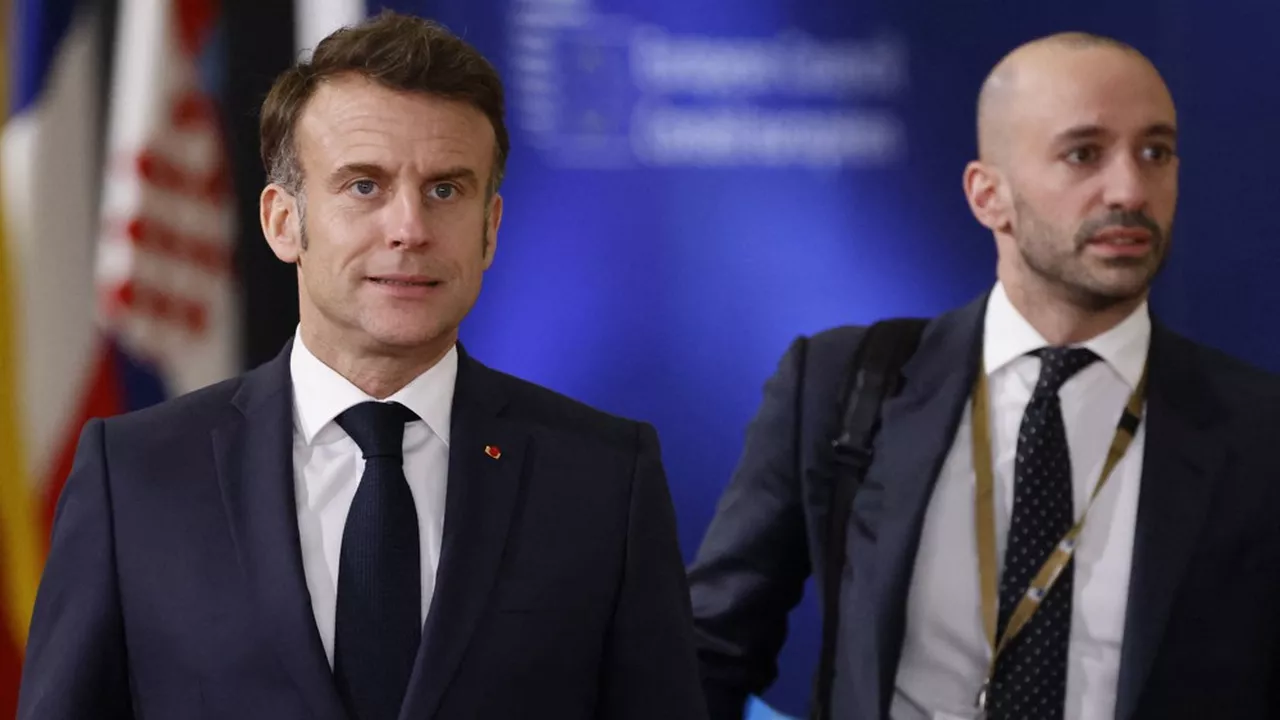Trump’s Nominee for Singapore Ambassador Faces Scrutiny in Heated Senate Hearing
President Donald Trump's nominee for U.S. Ambassador to Singapore faced a contentious confirmation hearing, as senators grilled him over qualifications, political donations, and foreign policy positions, raising concerns about political patronage in diplomatic posts.
President Donald Trump’s nominee for U. S. Ambassador to Singapore, a wealthy real estate executive and longtime Republican donor, faced an unusually tense Senate confirmation hearing, exposing growing unease on Capitol Hill about the administration’s reliance on political appointees for key diplomatic positions.
The nominee, who lacks formal diplomatic experience, was grilled by members of the Senate Foreign Relations Committee on everything from policy knowledge to past campaign contributions. Singapore, a vital economic and strategic partner in Southeast Asia, has long played a pivotal role in U. S.
interests across the Pacific Rim. As such, the appointment of its ambassador typically draws close scrutiny. But the latest nomination has set off bipartisan concerns about whether personal loyalty and political contributions are outweighing credentials in ambassadorial picks.
### A Businessman with Limited Diplomatic Background
The nominee, whose primary background is in luxury real estate development, has been a vocal supporter of President Trump and a major contributor to Republican campaigns over the past decade. He has no prior foreign service or government experience, though he has served on several private-sector boards and trade delegations. In his opening remarks, the nominee emphasized his admiration for Singapore and cited his business dealings in Asia as evidence of regional familiarity.
“My decades of work across Asian markets have given me a strong appreciation for the economic and cultural ties that bind the United States and Singapore,” he told the panel. But senators from both parties appeared unconvinced that his business background alone qualified him for a role that demands diplomatic nuance, especially in a region increasingly shaped by geopolitical tensions between the U. S.
and China. ### Senatorial Fireworks
During the nearly three-hour hearing, Democratic and Republican senators pressed the nominee on a range of issues:
- **Understanding of U. S.
policy in Southeast Asia**: Several senators asked about his views on U. S. military presence in the region, the Indo-Pacific Strategy, and trade relations with ASEAN countries.
His responses were described by one committee member as “vague and underinformed. ”
- China’s regional influence: When questioned about Singapore’s delicate balancing act between U. S.
and Chinese interests, the nominee offered general assurances of ‘standing with our allies,’ but struggled to articulate specific policy positions. - Human rights and press freedom: Singapore has been criticized for curbs on free speech and civil liberties. Asked how he would address these concerns while preserving strategic cooperation, the nominee offered a noncommittal answer, prompting further criticism.
Senator Bob Menendez (D-NJ), the committee’s ranking Democrat, was blunt in his assessment: “This post requires more than familiarity with Asian markets — it requires a diplomat who can advocate U. S. values and navigate complex strategic alliances.
I’m not sure we heard that today. ”
### Spotlight on Political Donations
The hearing also turned sharply toward the nominee’s political donations. According to Federal Election Commission records, he contributed over $1 million to pro-Trump Super PACs and Republican causes in the past three election cycles.
Senators questioned whether the nomination was a reward for financial loyalty, rather than professional merit. Senator Jeanne Shaheen (D-NH) asked directly: “Do you believe your donations to the President’s campaign played a role in this nomination?”
The nominee denied any quid pro quo, stating, “I’ve supported causes and candidates I believe in, including this President, but I bring independent judgment and commitment to serve the nation. ”
Still, the optics of another major donor receiving a prestigious post raised eyebrows.
### Singapore’s Strategic Role
The significance of the U. S. ambassador to Singapore cannot be overstated.
The city-state hosts one of the world’s busiest ports, is a financial hub, and plays a central role in regional security architecture, including hosting a rotational U. S. Navy presence.
The ambassador serves as a key liaison not only for U. S. -Singapore bilateral relations, but also for broader diplomatic efforts involving ASEAN and countering China’s growing assertiveness.
With economic diplomacy, cybersecurity cooperation, military coordination, and technology trade agreements all on the agenda, lawmakers argue that the post requires someone with a sophisticated grasp of international law, regional dynamics, and strategic diplomacy. ### Pattern of Politicized Appointments
This nomination fits into a broader pattern seen during Trump’s presidency, where approximately 44% of ambassadorial appointments went to political appointees rather than career diplomats — a sharp increase from previous administrations. While political ambassadors are not uncommon — particularly for allies like the U.
K. , France, or Italy — critics argue that in regions with heightened geopolitical tensions, experienced diplomatic hands are essential. Senator Mitt Romney (R-UT), while generally supportive of Trump’s foreign policy posture, noted during the hearing: “The next ambassador to Singapore must be ready on Day One to address cyber threats, military logistics, and regional diplomacy.
That requires more than a learning curve. ”
### Public and Diplomatic Reactions
Reaction to the hearing was swift. Editorials in several Southeast Asian media outlets questioned the U.
S. ’s seriousness in engaging with Asia if it continued to send ‘political novices’ to crucial postings. Meanwhile, former ambassadors expressed alarm.
“I served in Singapore during a time of great regional change,” said a former U. S. ambassador to Singapore.
“You need credibility, not just with the local government, but with every ASEAN partner. That credibility starts with depth of knowledge. ”
The nominee’s performance also sparked social media debate.
Hashtags like #EnvoyOrDonor and #DiplomacyMatters began trending among critics of the administration. ### Will the Nomination Proceed?
Despite the tough hearing, the nominee’s path to confirmation remains open, though uncertain. Republican control of the Senate at the time gives the administration leverage, but several GOP senators have signaled unease.
A committee vote has been postponed, pending additional background checks and follow-up questioning. Some lawmakers have requested written responses clarifying the nominee’s views on digital surveillance, free trade, and regional security commitments. Analysts say the White House may choose to push ahead, modify the nomination, or pivot to another candidate depending on the political calculus and feedback from regional partners.
### Conclusion: More Than a Ceremonial Post
The bumpy confirmation hearing for Trump’s Singapore envoy nominee highlights deeper tensions over how ambassadorial roles are filled — and what qualifications should matter most. In an era of increasingly complex diplomacy, where every post carries strategic weight, the balance between loyalty and competence has become a central question. While President Trump has defended his practice of rewarding loyal supporters with high-profile roles, the scrutiny surrounding this particular nomination suggests that such decisions may come at a cost — both domestically and abroad.
Whether the nominee is ultimately confirmed or replaced, the episode underscores the importance of diplomatic experience and trust — not just within Washington, but in global capitals watching closely.




